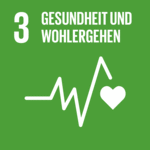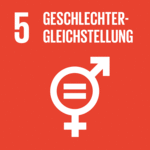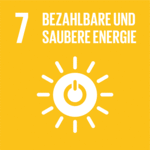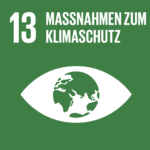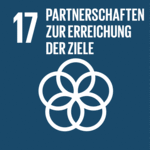renewable energy with biogas in India
Situation in the region
The district of Kolar is located in a semi-arid region where wood resources are very scarce. As the families fire the traditional, inefficient stoves with wood, it is the main fuel for the poor population living here. When cooking in the households families are exposed to heavy smoke pollution, which affects the respiratory tract and irritates the eyes. The constant demand for firewood is also leading to increasing deforestation which means that most of the forest has already been cleared and only 17% of the original area is still forested. The increasing deforestation means that women who are traditionally responsible for collecting wood, have to travel ever greater distances in search of firewood and are thus exposed to dangers.
Twenty-five years ago, with the support of the Agricultural Development and Training Society (ADATS), the organization Bagepalli Coolie Sangha (BCS) was founded in Kolar. It consists mainly of poor smallholders and agricultural workers. In 915 villages 38,615 families form so-called Coolie Sangha units. Within the framework of the climate protection project ADATS, partner organization of Bread for the World, together with the Coolie Sangha built 18,000 biogas plants of about 2m³ for the families in rural areas.
Advantages of the biogas plants
Biogas leads to an improvement in the quality of life for the families. Especially women benefit from the plants as the exhausting collecting of wood is no longer necessary. Families save money because they no longer have to pay for expensive kerosene if there is not enough firewood collected. With help of the facilities access to energy is improved.
Additionally, time can be saved because families cook three times more efficiently with biogas and cleaning the pots is easier and faster because they are less susceptible to sooting. Women can use the time gained for economic activities or to look after their children.
The climate protection project also helps to improve the families' health as air pollution from soot particles and the burden of disease from bacteria in cow dung is reduced. The number of women and children being burned on open stoves is also reduced. Organic waste that would end up in the groundwater is now used for the biogas plants. This also leads to documented evidence in improvement in water quality. A nutrient-rich fertilizer is produced as a by-product of the biogas plants which the families use instead of chemical fertilizers for the fields. This improves soil quality aa well as the agricultural yields. In addition, the families save the money they have usually spent on fertilizer. Use of biogas leads to a decreasing demand for firewood and contributes significantly to the preservation of forests. The project also creates employment opportunities for the local population as construction and maintenance are carried out locally.
The climate protection project contributes to social, ecological and economic development for the local communities. Families who replace their traditional cooking stoves with biogas are constantly reporting many benefits.
"Getting biogas at home was one of the best decisions I have made. Not only has it improved the quality of our life, but it has also helped me get closer to people and their needs". -Shantamma, Saddapalli village
How does a biogas plant work?
The biogas plant consists of a digester with gas chamber. The dome-shaped structure is made of bricks and has an opening through which families fill in organic waste (e.g. cow dung). By doing so it is possible to use biodegradable waste in the biogas plant. Biogas is obtained by fermenting the biological material. The light gas rises upwards within the 2 m3 plant into the gas chamber, is stored and when called for, is fed to the gas stoves in the households. The plants are made exclusively from local materials that have a life span of 25 years or more, making them cost-effective and sustainable.
In the Gold Standard Registry, you can transparently view the retired certificates and get an overview of the climate and development impacts of the certified project: https://registry.goldstandard.org/projects/details/697
our partner
ADATS is a secular Non Government Organisation (NGO) working in 1,252 villages in 5 Taluks of Chickballapur District, Karnataka, for the past 41 years, since 14 December 1977. ADATS is a comprehensive rural development organisation working in the fields of Community Organisation, Adult Literacy, Children’s Education, Community & Referral Health, support to issues and struggles with Legal Aid & Aid Distress, Dry Land Development, Agriculture, alternate Credit, Women’s Programmes, etc. We also work on issues of gender justice, secularism and democratisation. All these are efforts to empower the Coolie caste-class in village society, and build an authentic people’s organisation, the Coolie Sangha, at the Village, Gram Panchayat and Taluk levels. The Coolie Sangha is a membership based people’s organisation comprising of small and poor peasant families who struggle to rid themselves of Ryot exploitation and take control of their own lives in order to undertake grassroots planned development activities.



